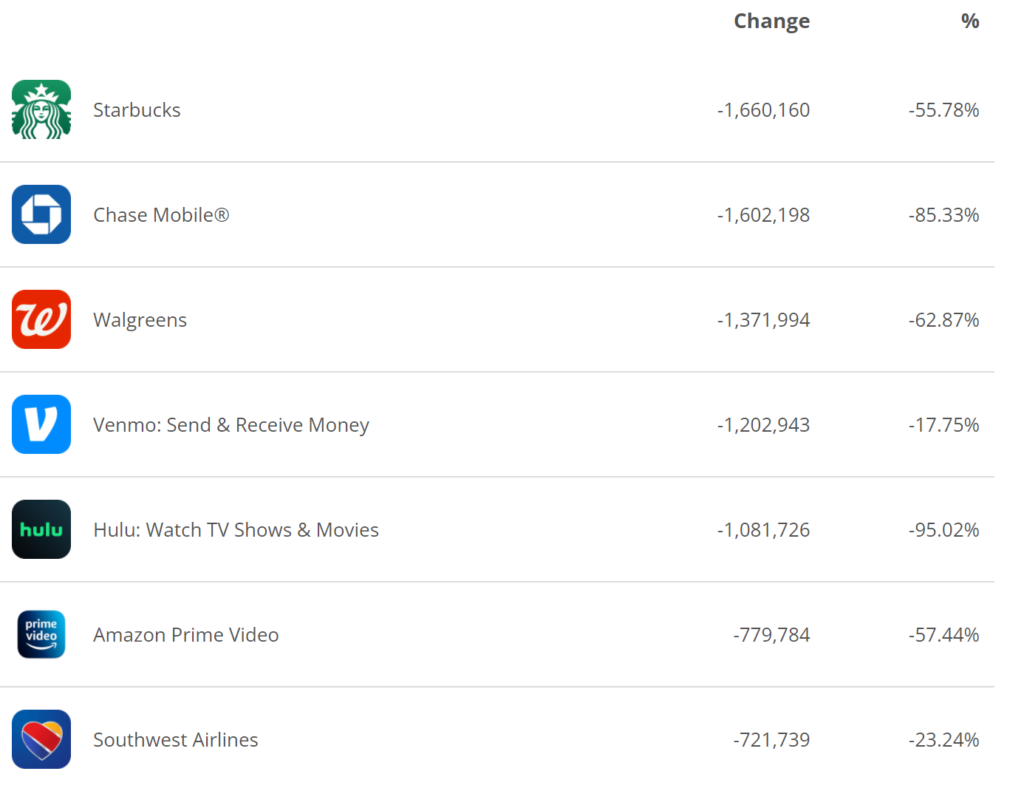On Thursday, February 11, 2022, millions of ratings and reviews were removed from the app store. Apple has not yet commented on the removal of the reviews that affected hundreds of apps. Facebook, for example, has a 3.2 rating on Google Play with 124,951,068 votes, now has a 2.2 rating on the iOS app store with 1,184,601 reviews. Why were these reviews deleted?

Facebook loses over 100 million reviews overnight. For an established company, this may not sound like a big deal. However, think about the users that spent the time to write a review of the app. What motivation should someone have in the future to review an app if it just gets deleted?

Back in May 2021, Apple refused a request from Facebook to remove negative reviews in the App store after pro-Palestinian protesters coordinated an effort to tank ratings because of censorship of Palestinian content. The Facebook app dropped from a 4+ rating on the app store to a 2.3-star rating.
The Robinhood app came under fire when they halted trading to “meme stocks” causing many users to lose money.
Google confirmed to multiple outlets it removed negative reviews for the Robinhood app on the Play Store. The app’s rating fell all the way down to one star before rebounding to a nearly four-star rating but backslid to 3.4 stars. On the App Store, Robinhood’s rating held at 4.7, and only went down to 4.5, but thousands of users are currently petitioning Apple to remove it from the App Store entirely.
While Apple remained tight-lipped about this situation, Google is owning up to removing the negative reviews. Gizmodo reported that a Google spokesperson pointed to rules about “coordinated or inorganic reviews,” but it stopped responding when pushed on what constituted “inorganic” in this instance. A Google spokesperson told Input its systems pull reviews believed to be spam, agnostic of rating or content, and pointed to one-star reviews from the past 24 hours that are still visible.
Google also underscored that developers cannot alter ratings in the Play Store. Several iOS developers have tweeted that this is also impossible in the App Store.
App Store “Bug” Removed Reviews
Back in 2019, an accidental sweep of the App Store removed more than 20 million ratings from the most popular apps — including from well-known brands like Google, Microsoft, Starbucks, Hulu, Nike, and others — as well as from smaller developers. The issue began on October 23 and wasn’t resolved until October 29. Apple says the ratings’ removal was due to a bug.
A few apps were hit harder than others. Hulu, for example, lost a whopping 95% of ratings in the U.S., while Dropbox and Chase lost 85%. Several companies affected by the bug declined to comment, but told us that the rating removals weren’t done at their request — they were just as surprised as everyone else.

Unfortunately for some of the impacted developers, the bug had a profound effect on their app’s “Overall” rating. Their app may have dropped by several stars as a result of this problem. And that, in turn, could have hurt their ability to get downloads from App Store search results or Search Ads during the week.
Apple Favoring their own apps
Recently, Apple’s Podcasts app suspiciously went from a low 1.8-star rating up to 4.6 stars in the span of about a month. Apple confirmed that the Podcasts app did begin asking users to review the app starting with iOS 15.1. Apple said that it’s using the standard review dialog all other apps use. However, looking through the recent reviews of the app, users seem to be reviewing specific shows and not the app overall.
Whether intentional or not, the new reviews dialog implemented by Apple is now boosting the ratings for the company’s Podcasts app. A conclusion could be made that users might be confused by the dialogue and are reviewing individual podcasts and not the actual app?
But the glitch theory appears most likely, as some developers report that recent ratings have disappeared – for example, from an app just seven months old – while others say that they are still seeing the correct number on the actual app page, while only around half that number is shown in search.

